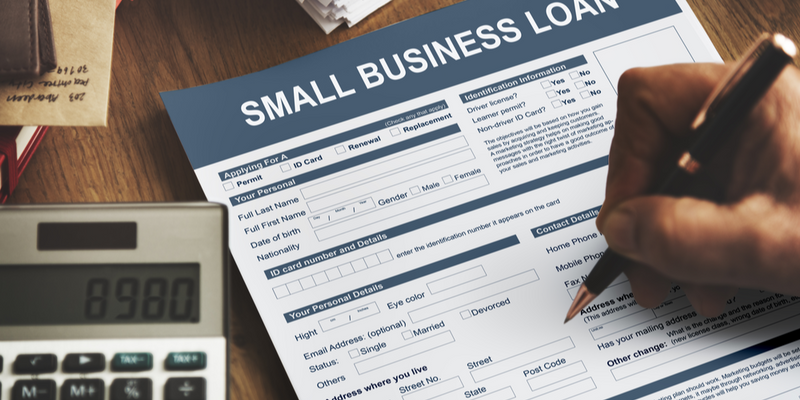What Is the SBA?
What Is a Small Business Loan?
What Qualifies As a Small Business?
According to the SBA, a business defined as having less than $35.5 million in annual sales and under 1,500 employees is considered a small business, though there are variations of these numbers. Some industries are classified due to the number of employees, such as manufacturing (between 500 and 1,500, depending on the subsector), while others are labeled as small businesses due to the number of annual receipts, such as retail (no more than $7.5 million to $38.5 million, depending on the subsector). The SBA publishes a table of standards (and codes) for loan purposes.
SBA Eligibility Requirements for a Small Business Loan
The Pros and Cons of Small Business Loans
The benefits of a small business loan over a conventional loan are numerous. They include:
- Competitive rates/lower fees.
- Longer, more flexible terms.
- Less financial risk for you/your company.
Of course, there are cons to getting a small business loan. They include:
- More paperwork required.
- Longer approval time.
- Government red tape can be frustrating.
In Closing
Applying for (and getting approved for) a small business loan can be an arduous process, but it can also be a game changer for your business. If you’re qualified, willing to do your homework and wanting to expand your business, there is no reason not to go this route.
Chris Capelle is a technology expert, writer and instructor. For over 25 years, he has worked in the publishing, advertising and consumer products industries.
Sources:
SCORE – Homepage
Business Week Daily – How to Know if You Really Classify as a Small Business.
NerdWallet – SBA Loans: What They Are and How to Qualify

